Going to your first gynecology visit can be intimidating, but after that first appointment, it becomes somewhat routine.
Some women become so comfortable with their gynecologists that they decide to use them as their primary physician.
Because gynecologists deal with such an intimate part of the body, they often work extra hard to make sure their patients are comfortable and at ease.
Despite this, many women feel awkward talking about what's going on "down there."
Although it can sometimes be uncomfortable to talk about your sexual habits, vaginal odors, or physical changes, it's important for gynecologists to know everything in order to treat you properly.
Many women feel embarrassed about their vaginal health, but there's nothing you can say or show your gynecologist that they haven't already seen.
It's easy to accidentally leave out some information when you're talking to your gynecologist, but here are 13 things you should always make sure to tell them about!
What To Tell Your Gynecologist
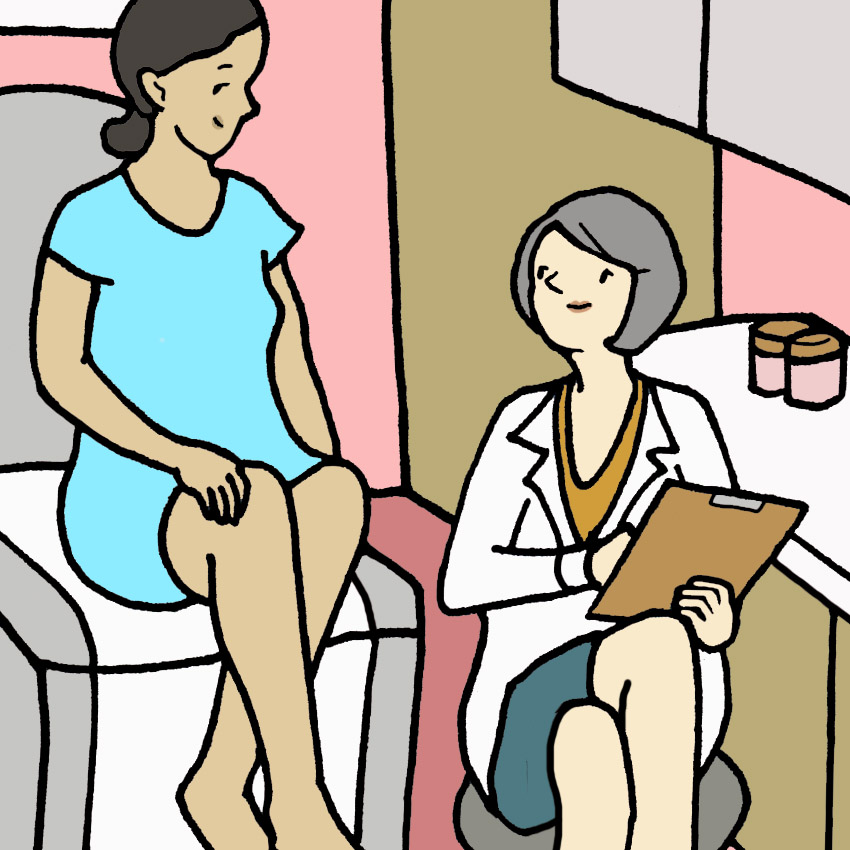
Every woman should have a gynecologist they feel comfortable talking to about anything — from sexual partners and strange bumps to pregnancy.
Talking to your gynecologist about even the "awkward" things is not only important to your sexual health but also to your overall health.
If you experience any of the following 13 things, you should be sure to tell your gynecologist about them at your next appointment.
1. How Many Sexual Partners You've Had
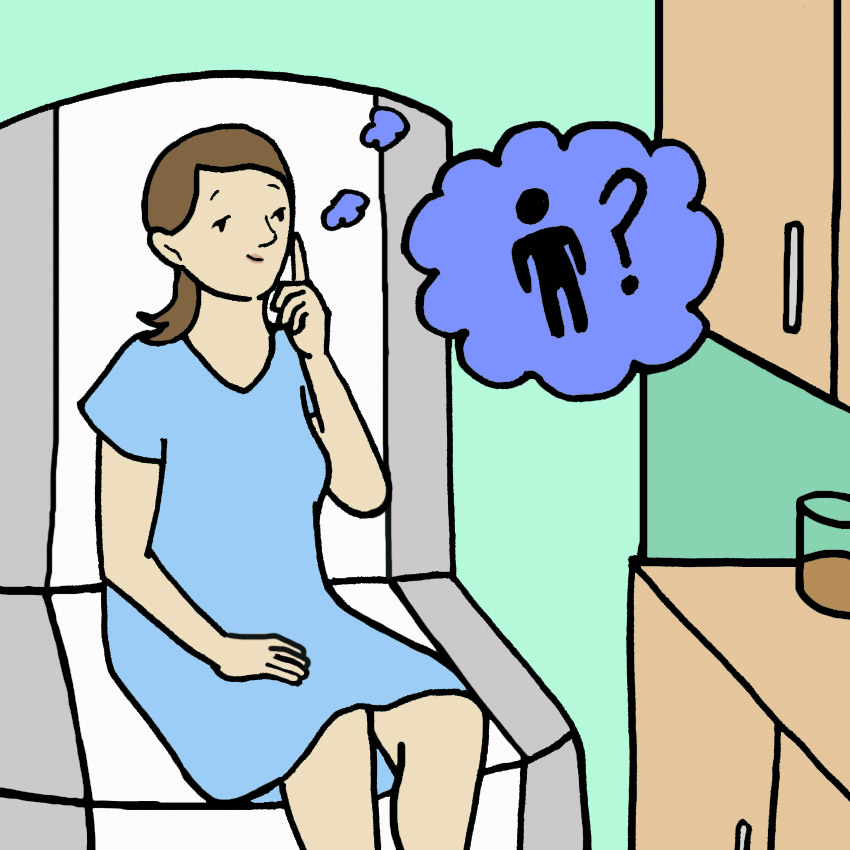
You might think it's no big deal to fudge the number of sexual partners you've had, but your gynecologist needs to know for medical purposes.
Your gynecologist will never judge you for your sexual activities, so even if you're embarrassed, it's important to be totally honest.
When you fully disclose details of your sexual life, your doctor can customize their care so it is the most effective and relevant to you.
2. If You've Had Unprotected Sex Since Your Last Appointment

If you're in a committed long-term relationship and you've both been tested, this may not be as much of a concern for you, but if you've had unprotected sex with a new partner since your last appointment, you should tell your gynecologist.
You may already know you're not pregnant (you've gotten your period or taken a test) and you might think you're in the clear for STIs because you don't have any signs or symptoms. However, you should know that some STDs have no symptoms or remain dormant for a long time, explains Women's Health.
Telling your doctor about your unprotected sex can alert them to any additional tests or checks they should do.
3. If You Can't Have An Orgasm

Many women think it's just a relationship problem if they can't have an orgasm, but there are actually good reasons you shouldn't keep it a secret from your gynecologist.
If you can't orgasm, it may not be your fault (or your partner's fault). Sometimes there are underlying reasons you can't reach orgasm, which is something your gynecologist can look into.
Sometimes there is a physical reason you can't orgasm, but other times there is an emotional or mental reason If this is the case, your gynecologist can refer you to a sex therapist or other professional.
4. If You Bleed After Sex
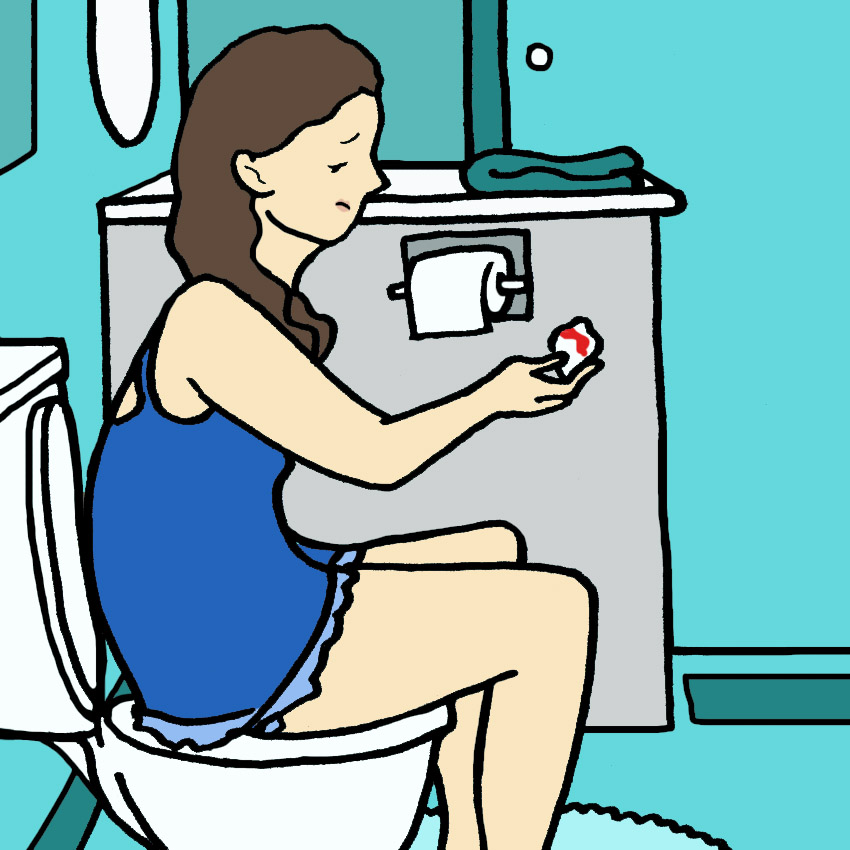
Many people bleed after sex once in a while, but if it becomes a regular thing, you should talk to your gynecologist about it.
A bit of spotting after particularly vigorous sex may not be cause for concern, but if you notice blood more than once, you should bring it up with your doctor.
It may be nothing, but there's also a chance you have an infection or are suffering from precancerous dryness.
You might be embarrassed to bring it up, but your gynecologist can quell any worries you might have by doing a quick check.
5. If Your Period Has Been Irregular

There are a lot of reasons you might have an irregular period — stress, diet change, pregnancy, infection, hormone imbalances — but it's not something you should ignore.
Even if you're sure you aren't pregnant, changes in your period's timing or flow is something your gynecologist will want to know about.
Additionally, Hopkins Medicine explains that if your period becomes more painful than normal, it's something to take note of.
If your periods have always been severe or have gotten worse over time, you may have uterine fibroids or endometriosis — your gynecologist can treat both of these so that you don't have to continue suffering.
6. If Sex Is Ever Painful
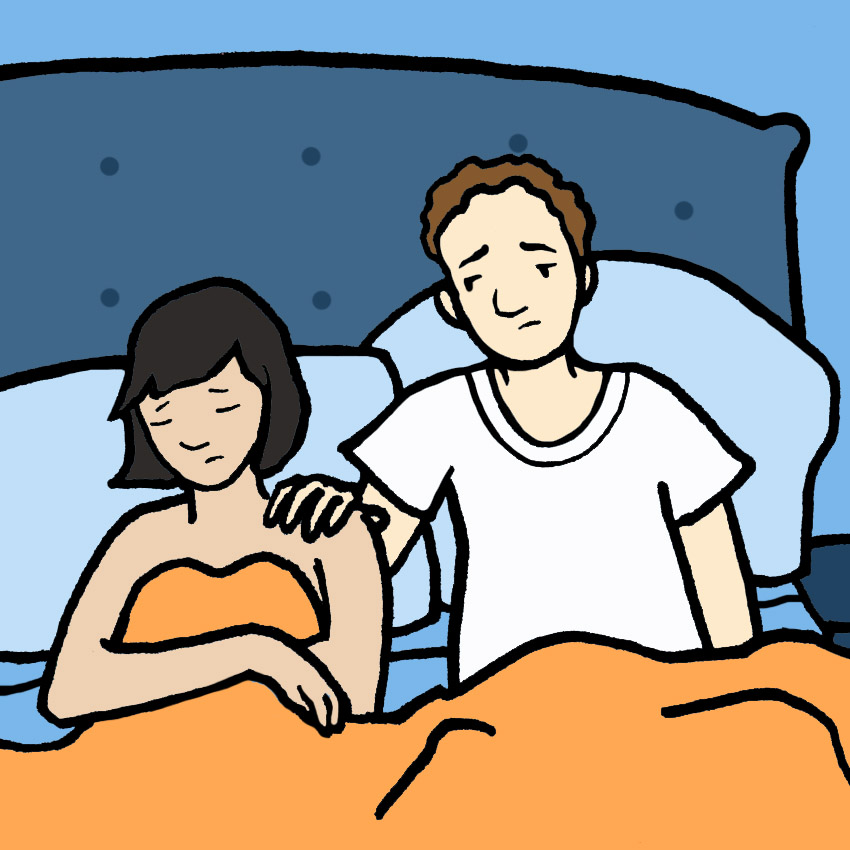
Experiencing pain or discomfort during sex is never fun, but many women just brush it off.
A lot of women have vaginal dryness during intercourse, which can make sex feel uncomfortable. If lubricants and extra foreplay don't solve the problem, talk to your gynecologist.
Pain during sex is another issue many women face — although this can sometimes be fixed by just switching positions or using lubricant, persistent pain is definitely something to bring up with your gynecologist.
Usually this is an easily treatable problem, but you have to be honest with your doctor about it.
7. What Supplements And Medications You're Taking

You might not think to bring up medications, supplements, and vitamins you're taking with your gynecologist, but Women's Health explains that it's very important to do so.
Medications and supplements affect your system, so if you're changing your birth control, trying to conceive, or preparing for surgery, your gynecologist should be aware of all the medications you're taking.
Hopkins Medicine explains that some medications may cause low libido — if that's the case, your doctor can decide how to help out your sex drive.
8. If You Notice A Weird Smell
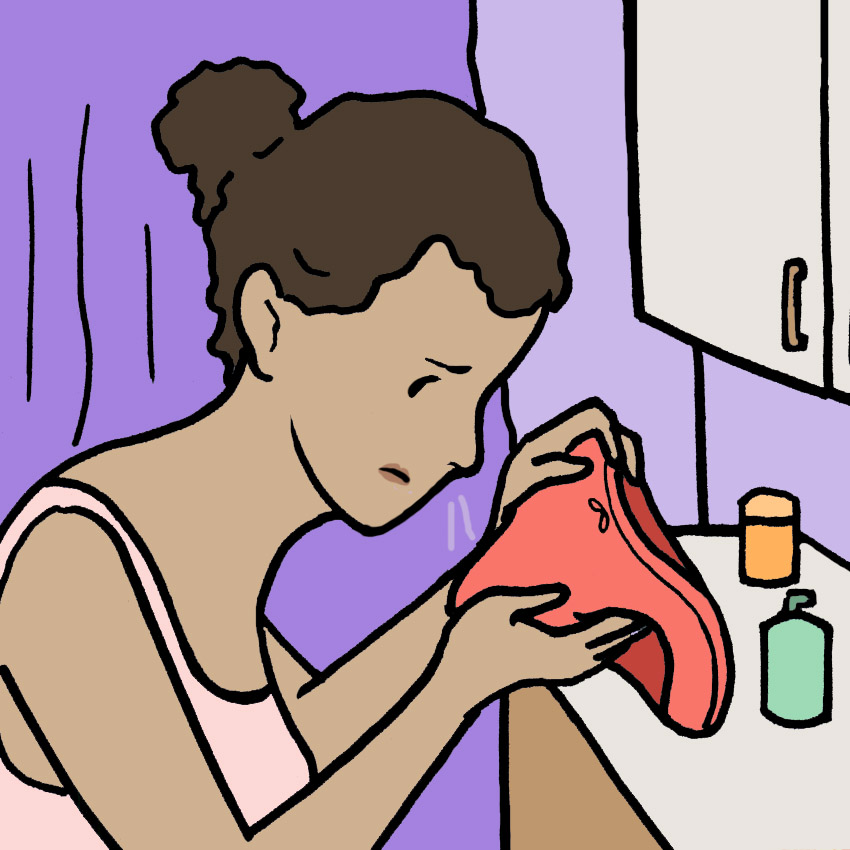
Most of us know the general scent our vaginas produce, so if you notice that something smells funky down there, you should mention it to your gynecologist.
It's normal to notice an odor, explains Hopkins Medicine, but if you smell a particularly pungent, fishy, or foul scent, it may be due to an infection or bacterial overgrowth.
These issues are easily treatable, so mention them to your gyno if you notice them.
9. Your Pregnancy Plans

Even if you're not planning on getting pregnant ASAP, you should still talk to your gynecologist what you're thinking about fertility and pregnancy down the road.
Many women don't talk to their gynecologists until they realize they have a fertility problem, but bringing it up in the year before you're trying to get pregnant can be beneficial to conceiving more easily.
Women's Health explains that gynecologists can recommend health habits and medical advice if you're considering conceiving, so it's worth asking about.
10. If You Have Unusual Discharge Or Pain

Having unusual discharge may freak you out, but it's something your gynecologist is familiar with, so they can determine the cause and provide a treatment plan.
When you have abnormal discharge combined with pain, it's definitely something you need to discuss with your gynecologist.
You may be suffering from an STD or infection, but it could also be a side effect of something more serious, like cancer. Your doctor can diagnose and treat you, whether it's no big deal or something serious.
11. If You Think You Might Be Pregnant
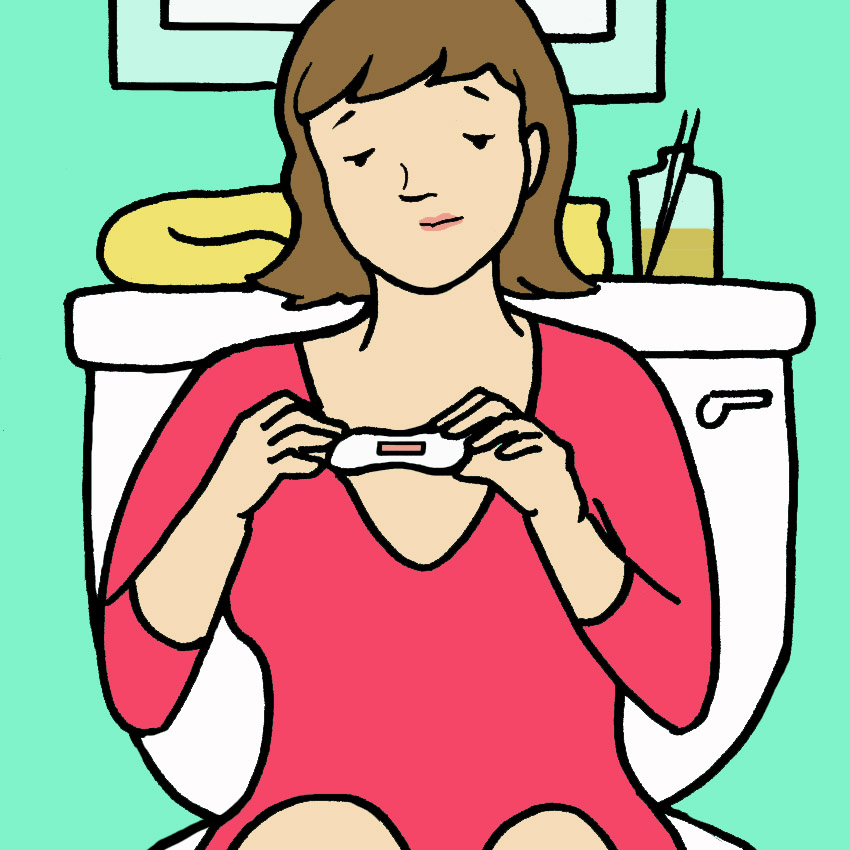
If you think you might be pregnant — even if you're not sure how you feel about it — you should tell your gynecologist.
They can make sure you know all of your options moving forward, and they can prepare you with information you'll need.
Additionally, your gynecologist can give you any referrals you might need.
12. If You Have Bumps "Down There"

Hopkins Medicine explains that if you have any growths or bumps on or near your vagina or labia, you should bring it up with your gynecologist.
It's possible the bump is nothing more than an ingrown hair or pimple, but it could be something more serious (but still treatable) like a genital wart.
13. If You Have A Low Libido

Having a low libido is more common than you might realize, but it's still something worth bringing up with your gynecologist.
As previously mentioned, sometimes low libido can be caused by a medication, but it may also be a side effect of an underlying medical condition. If necessary, your doctor will determine a medical treatment plan.
Your low libido may also be due to the nature of women's sexuality, according to Hopkins Medicine. Women's libidos often fluctuate over time, especially in long-term relationships.
Your gynecologist can recommend easy at-home ways to increase your libido, or they can refer you to a counselor or therapist who focuses on sexual desire.
If you think every woman deserves to be comfortable and happy with their body, please SHARE this article on Facebook!




